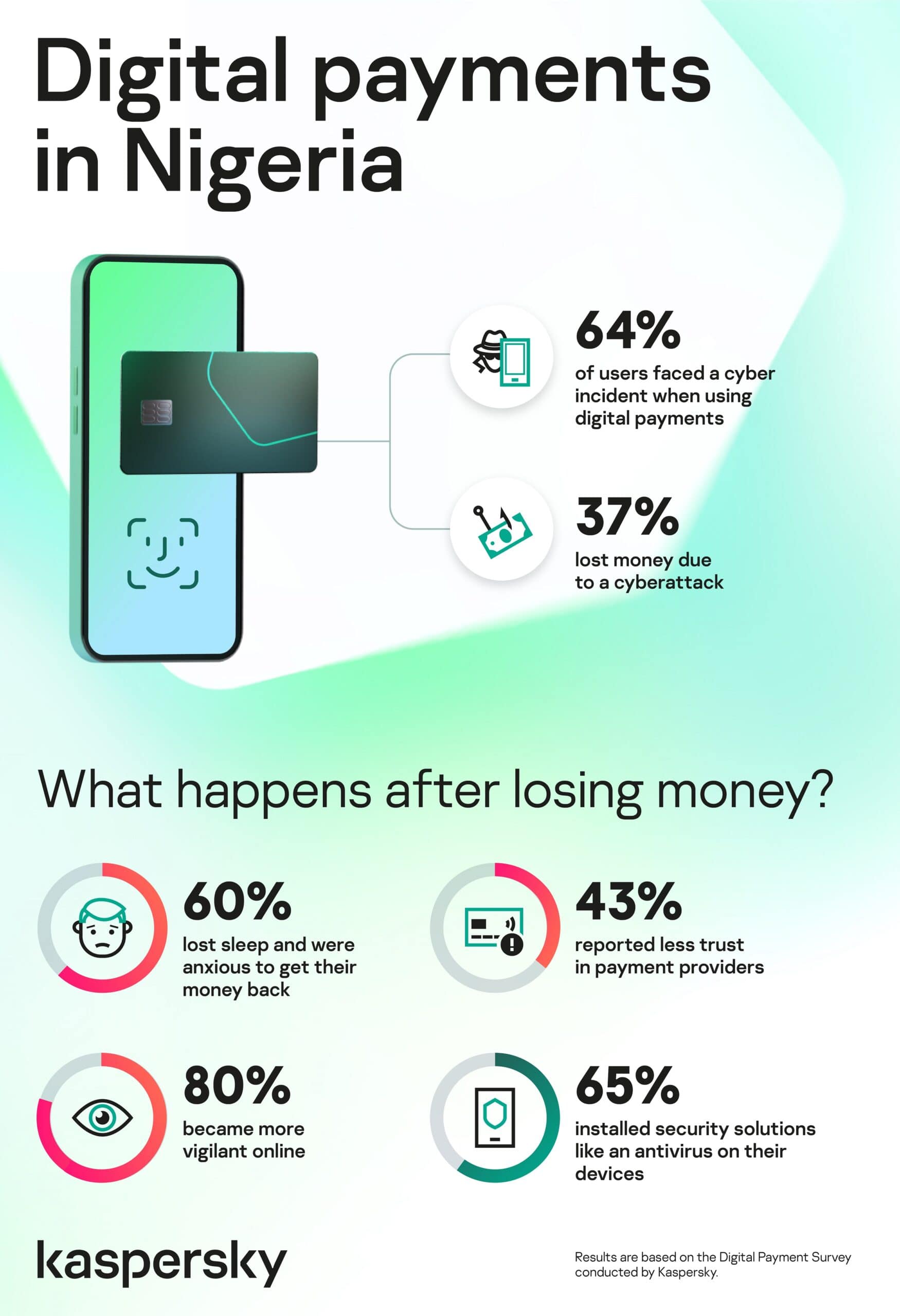The Digital Payment Revolution in Nigeria
Nigeria’s financial sector is experiencing a dramatic transformation as digital payment systems are rapidly gaining popularity. From the lively markets of Lagos to remote villages, cashless transactions are becoming a common part of daily life for millions. This shift is not only changing how Nigerians pay for goods and services but also creating new opportunities and presenting unique challenges for both businesses and consumers.
Opportunities Created by the Digital Payment Boom
The adoption of digital payment platforms has accelerated over the past decade, driven by increased smartphone usage, improved internet connectivity, and innovative fintech solutions. Mobile money services, bank applications, and USSD codes have made it easier for people to send and receive funds, pay bills, and shop online. This evolution has brought significant benefits, especially for the unbanked population, who now have access to financial services that were previously out of reach.
For businesses, digital payments mean faster transactions, reduced risks associated with handling cash, and broader customer reach. Small and medium enterprises (SMEs) are leveraging these platforms to expand their operations beyond local boundaries. E-commerce is thriving, with more Nigerians shopping online for convenience and variety.
The government is also pushing for a cashless economy to enhance transparency and curb corruption. As digital payments become mainstream, the Central Bank of Nigeria’s regulations on digital payments play a crucial role in ensuring stability and consumer protection. These guidelines help foster trust in the system, encouraging more people to embrace cashless transactions and supporting the growth of Nigeria’s digital economy.
How Cryptocurrency Is Shaping the Fintech Evolution
A significant development in Nigeria’s digital payment journey is the rise of cryptocurrency. Despite regulatory caution, Nigerians are among the most active crypto users globally, utilizing digital currencies for remittances, savings, and online purchases. The flexibility and borderless nature of cryptocurrencies appeal to a tech-savvy youth population seeking alternatives to traditional banking.
Crypto platforms are not just limited to financial transactions. They are also influencing the entertainment and digital services sectors. For instance, some emerging platforms now allow users to make secure payments using digital currencies, reflecting a broader trend in the fintech space. This demonstrates the versatility of crypto technology in enhancing user experience and security across various digital domains.
For those interested in understanding this evolving landscape, comprehensive guides on cryptocurrency and its uses provide valuable insights into how digital currencies are shaping financial interactions in Nigeria and beyond.
Addressing Security and Regulatory Challenges
While digital payments offer convenience and efficiency, they also introduce new security and regulatory challenges. Cybercrime, identity theft, and online fraud are real concerns for users and businesses. As more Nigerians adopt digital payment methods, the need for robust security measures becomes paramount.
The Nigerian Communications Commission has set guidelines to help protect consumers and maintain trust in digital platforms. Regulatory bodies are working to balance innovation with consumer protection. The Central Bank of Nigeria continues to update its policies to address emerging risks, while fintech companies invest in advanced encryption and authentication technologies.
Users are encouraged to stay informed and adopt best practices, such as using strong passwords and verifying transaction details. Practical advice from organizations like the Federal Trade Commission offers helpful strategies to guard against fraud and identity theft.
As Nigeria’s digital payment ecosystem matures, collaboration between regulators, service providers, and consumers will be essential. Ongoing education and transparent policies will help ensure that the benefits of digital payments are enjoyed safely and equitably by all Nigerians.
The Future of Digital Payments in Nigeria
The rise of digital payment systems is reshaping Nigeria’s economy, offering unprecedented opportunities while demanding careful navigation of new risks. As technology continues to evolve, staying informed and engaged will be key to making the most of this financial revolution.

